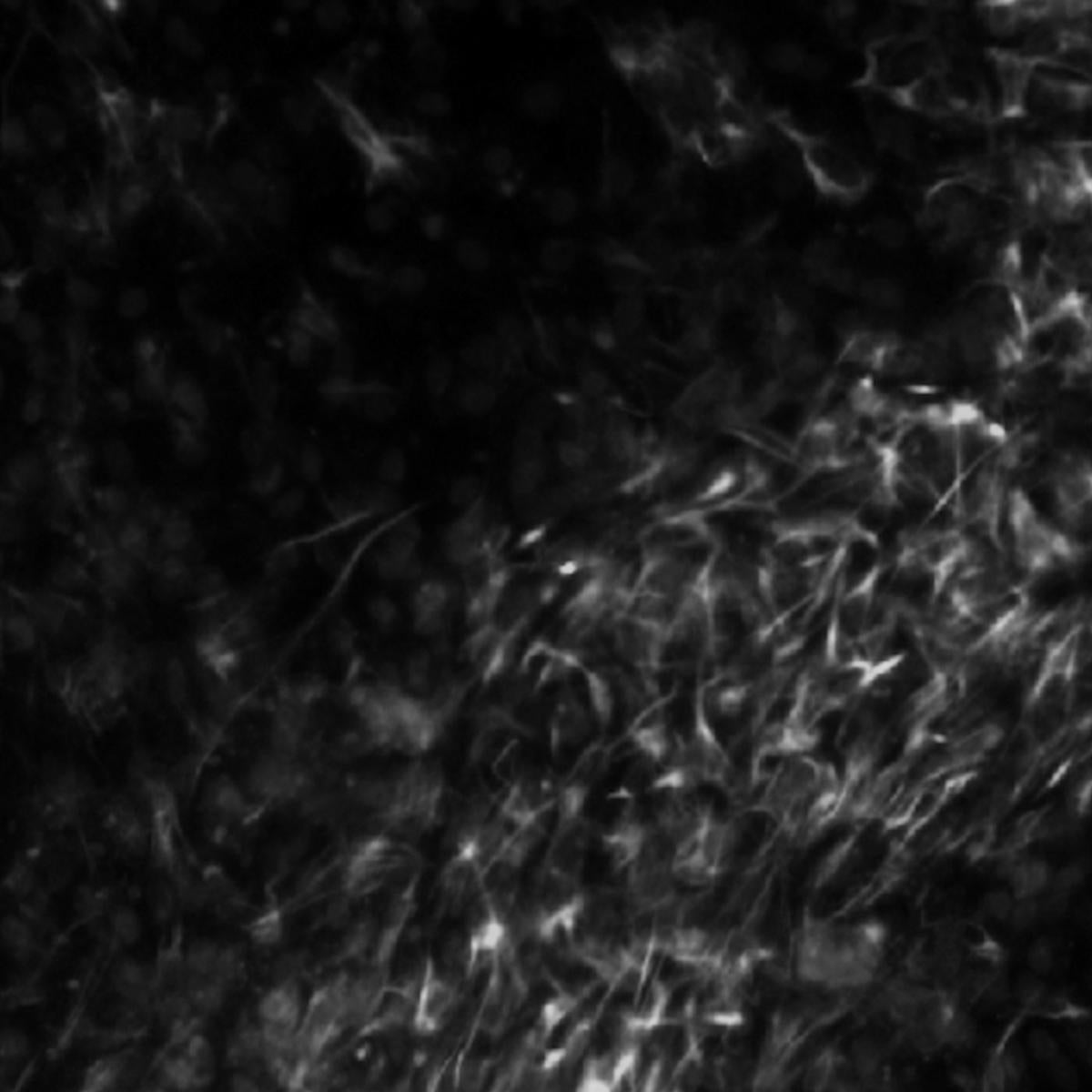
Oliver I. Fregoso, Ph.D.
- Assistant Professor, Microbiology, Immunology and Molecular Genetics

Oliver I. Fregoso, Ph.D., studies how viruses such as HIV use the host they infect to facilitate their lifecycle while avoiding the antiviral mechanisms put in place to stop them. A better understanding of this process could lead to the development of therapies and vaccines that alleviate the human health burden caused by HIV, particularly in underserved populations.
Fregoso studies the molecular mechanisms of viral replication, with a primary focus on HIV and related viruses. He seeks to understand how viruses usurp host proteins to facilitate replication and to overcome host antiviral mechanisms, and how these interactions influence the evolution of the virus and the host as well as viral cross-species transmission.
In addition, he is investigating how HIV contributes to diseases not directly attributed to viral replication, such as disorders of the central and peripheral nervous systems. By using a unique combination of molecular biology, biochemistry, stem cell biology and evolutionary biology, he hopes to uncover novel aspects of viral replication that can lead to the development of antivirals and vaccines.
Fregoso is also passionate about enhancing diversity, equity and inclusion in the sciences. For his past and continued efforts in these areas, he was recruited to UCLA as a mentor professor, where he is at the forefront of UCLA’s mission to build inclusive excellence in science.
Research Projects
- Defining how and why HIV engages the host DNA Short for deoxyribonucleic acid, DNA is a double-stranded molecule that serves as the genetic blueprint for living organisms. Composed of four chemical bases, DNA encodes the instructions necessary for protein synthesis and governs the development, function, and inheritance of traits in an organism. DNA Short for deoxyribonucleic acid, DNA is a double-stranded molecule that serves as the genetic blueprint for living organisms. Composed of four chemical bases, DNA encodes the instructions necessary for protein synthesis and governs the development, function, and inheritance of traits in an organism. damage response
- Uncovering the role the DNA damage response plays in the antiviral innate immune response
- Developing systems to study HIV-associated diseases in culture, with a focus on HIV-associated neurocognitive disorders and HIV-associated distal symmetric polyneuropathy
- Discovering novel mechanisms to cure HIV through depletion of the latent viral reservoir, which consists of HIV-infected cells that are not actively producing new copies of the virus and are therefore able to able to evade current treatments
Post-doctoral fellowship
- Viral Pathogenesis, HIV, Fred Hutchinson Cancer Research Center, 2016
Degree
- Ph.D., Alternative Splicing, Cold Spring Harbor Laboratory, 2010
